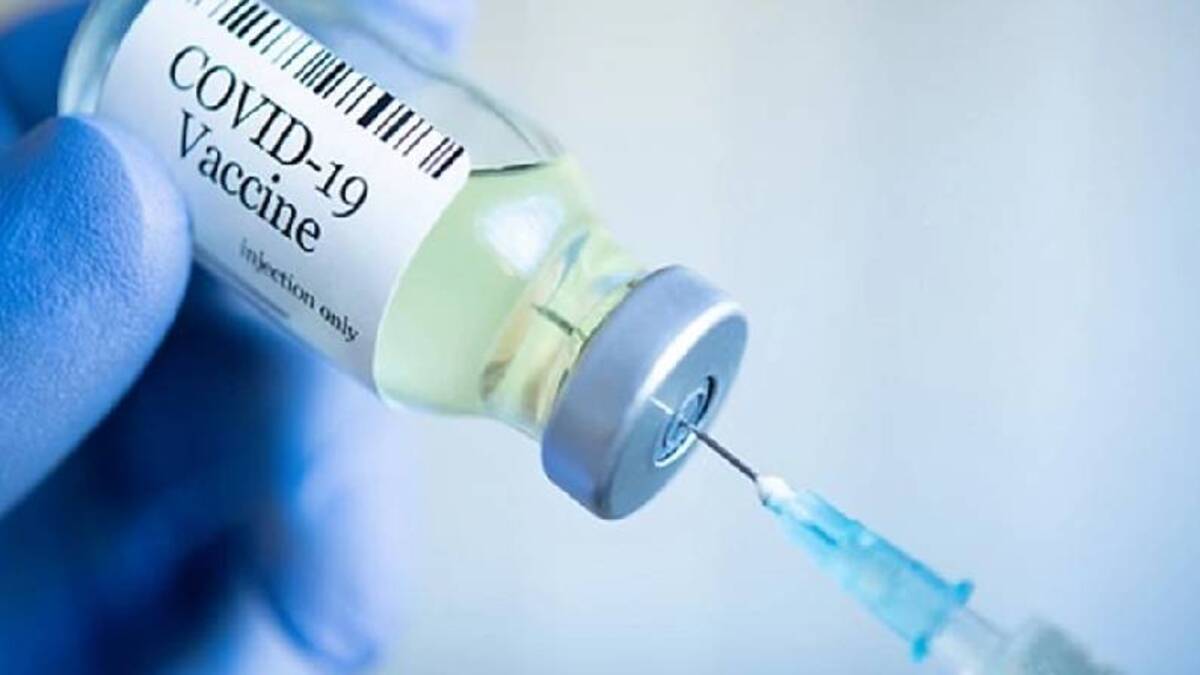After being fully vaccinated, if in case you contract COVID 19, you’ve suffered a “breakthrough" infection. Breakthrough infections are similar to regular COVID-19 infections with some differences in unvaccinated people. Common symptoms of COVID19 infections are a headache, a runny nose, sneezing, a sore throat, and loss of smell. According to a study, people with breakthrough infections are 58% less likely to have a fever and cough compared with unvaccinated people.
Vaccinated people are also less likely to develop symptoms, or hospitalized, or develop long COVID. According to research, 0.2% of the population experiences a breakthrough infection once fully vaccinated. But not everyone is at the same risk. This depends on the following factors -
Vaccine type - The first is the specific vaccine type you received and the relative risk reduction that each type offers. Clinical trials found that the Moderna vaccine reduced a person’s risk of developing symptomatic COVID-19 by 94%, while the Pfizer vaccine reduced this risk by 95%. The Johnson & Johnson and AstraZeneca vaccines reduce this risk by about 66% and 70% respectively (though protection offered by the AstraZeneca vaccine appeared to rise to 81% if a longer gap was left between doses).
Time since vaccination - Length of time since vaccination is also important and is one of the reasons why the debate over booster immunizations is growing in intensity.
The variant - Another important factor is the variant of the virus that is present. These vaccines were developed against the original form of the virus. As the virus mutates, the efficacy of respective vaccines against that particular strain gets changed.
Your immune system - Your own risk will depend on your own levels of immunity and other person-specific factors (such as how exposed you are to the virus, which might be determined by your job). Thus, older people or people with compromised immune systems may therefore have lower levels of vaccine-induced protection against COVID-19 or may see their protection wane more quickly.

 Two weeks after your second COVID19 vaccine dose, the immunity against the virus will be at their peak
Two weeks after your second COVID19 vaccine dose, the immunity against the virus will be at their peak










.jpeg)


.jpeg)
.jpeg)
.jpeg)
_(1).jpeg)

_(1)_(1)_(1).jpeg)
.jpeg)
.jpeg)
.jpeg)








.jpeg)
.jpeg)